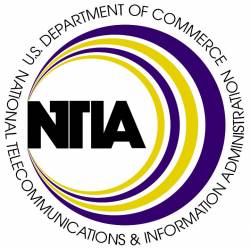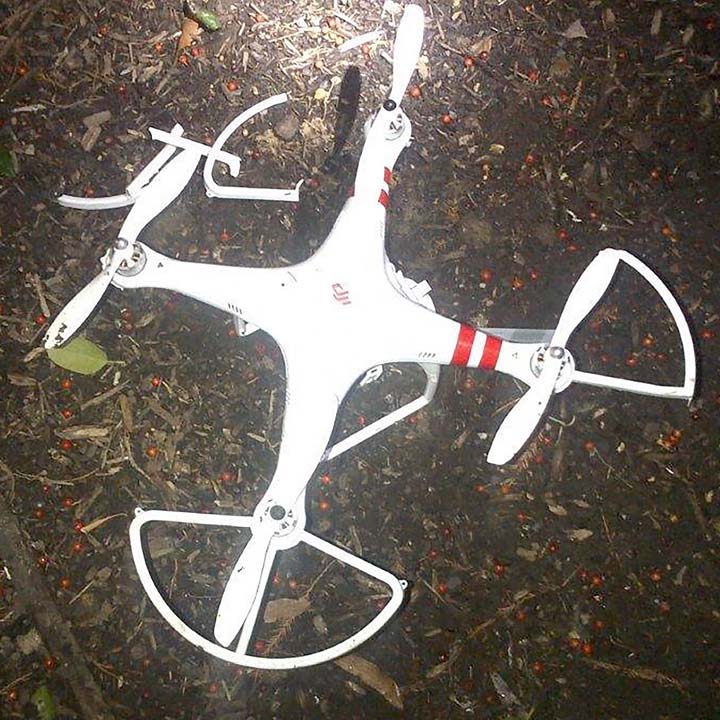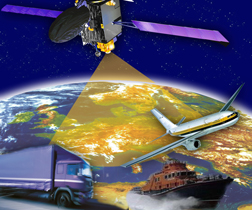The White House issued a January 15 policy directive addressing U.S. dependence on GPS and the need to prepare for GPS disruptions. It may also signal an intent to authenticate GPS signals in the future.
Space Policy Directive-7 takes the form of a memo to Cabinet officers, directing them to take specific steps to protect, toughen and augment GPS signals with other PNT services.
The document says the United States “encourages the development of alternative approaches to PNT services and security that can incorporate new technologies and services as they are developed, such as quantum sensing, relative navigation and private or publicly owned and operated alternative PNT services.” This is tacit acknowledgement of the widespread nature of GPS jamming and spoofing and the vulnerability of critical infrastructure.
Authentication
In another key passage, the document directs the “”Secretary of Defense and the Secretary of Homeland Security, [to] develop and validate requirements and a funding strategy to implement data and signal authentication of civil GPS and wide area augmentations for homeland security and public safety purposes consistent with the Federal Radionavigation Plan or its successor plan.”
Current GPS signals do not have authentication features, though such have been long proposed and discussed. The Chips Message Robust Authentication (CHIMERA) signal, to be experimentally tested aboard the NTS-3 satellite,(scroll down to CHIMERA section), launching 2022, adds both data and signal authentication to the L1C signal. If proven out, it could also be potentially added to L5 and Wide Area Augmentation System (WAAS) signals.
Requiring civil data and signal authentication to be added to GPS further recognizes the widespread nature and wider spread potential harm of spoofing. The Galileo program is also addressing this issue with its Open Service Navigation Message Authentication (OSNMA), which is now available for testing.
Experts expect that for both GPS and Galileo, there will be a two step process.
• authenticate data; roughly what Galileo OS-NMA does
• authenticate signals, which is roughly what Galileo’s Commercial Authentication Service (CAS) on E6 does.
Dependence and Alternatives
SPD-7 asserts that the “widespread and growing dependence on GPS by military, civil, and commercial applications, systems, and infrastructure make the performance of many of these systems inherently vulnerable if disruption or manipulation of GPS signals were to occur.
“GPS users must plan for potential signal loss and take reasonable steps to verify or authenticate the integrity of the received GPS data and ranging signal, especially in applications where even small degradations can result in loss of life.
“In addition, whether designed for military capabilities or not, signals from PNT services and their augmentations provide inherent capabilities that may be used by adversaries, including enemy military forces and terrorist groups.
SPD-7 repeats many of the points and recommendations made in a February 2020 executive order.






